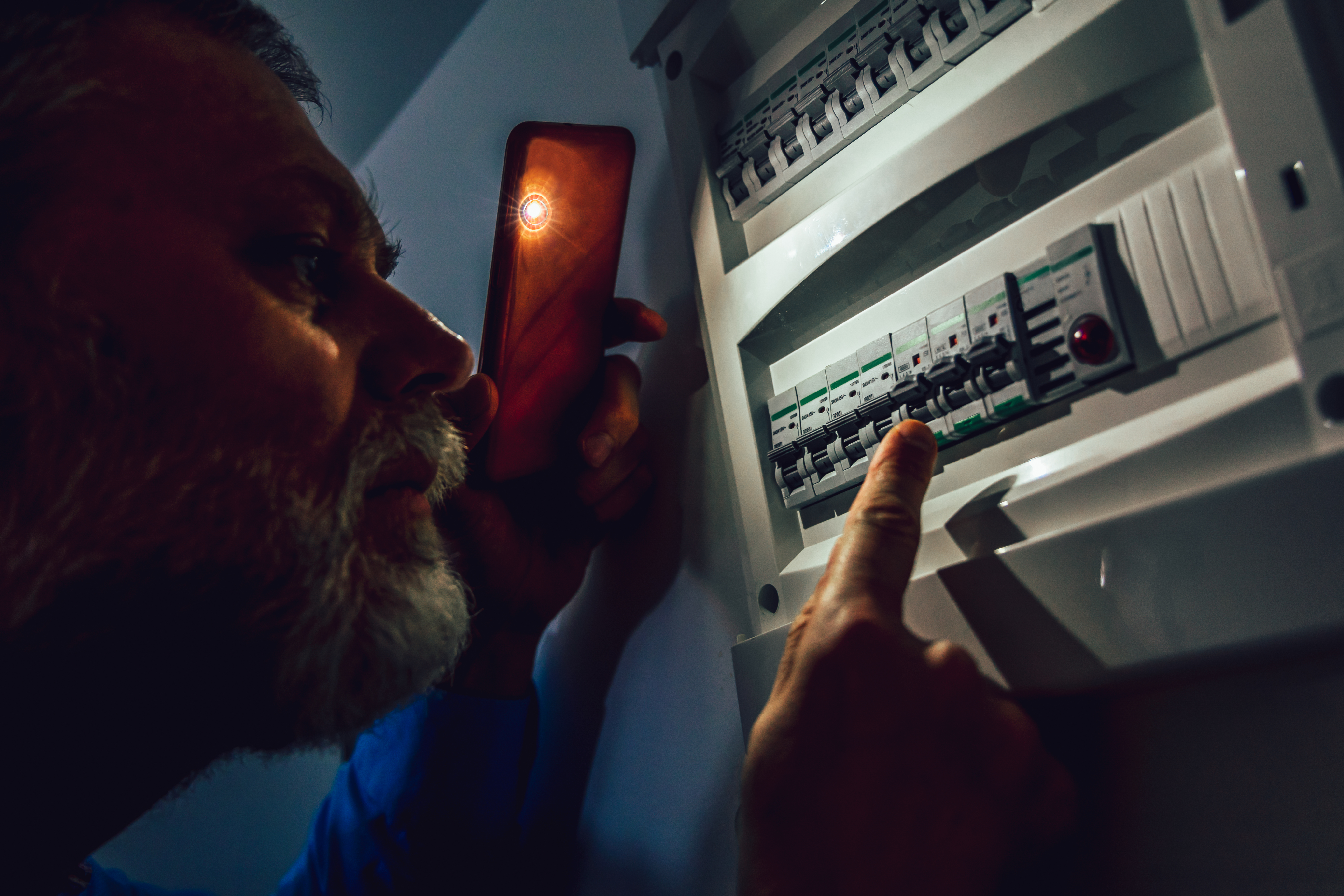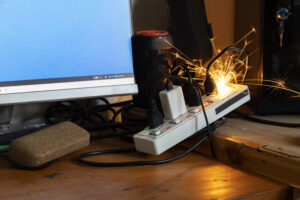Be Prepared: Essential Tips for Handling Emergency Electrical Repairs at Home
Electrical emergencies don’t wait for a convenient time to strike. When a sudden issue cuts power or sparks worry, knowing how to handle emergency electrical repairs at home can make all the difference. We’re here to share simple, practical tips to keep you safe until local electricians Iowa trust arrive. Let’s make sure your home is ready for whatever comes next. For more information, check out this home safety resource.
Preparing for Electrical Emergencies

Knowing what to do during an electrical emergency can save time and stress. Being prepared is your first line of defense.
Assessing the Situation Safely
Your safety is the top priority. Before anything else, ensure you, your family, and pets are out of immediate danger. Start by checking for obvious hazards like sparks or the smell of burning. If these are present, evacuate and call for help. In less severe cases, check if specific appliances or rooms are affected. Remember, touching anything electrical without proper assessment can be risky. For more detailed steps on handling power cuts, refer to National Grid’s tips.
Basic Tools to Keep Handy
Having a few essential tools can make minor electrical issues easier to manage. Keep a flashlight, a pair of insulated gloves, and a basic toolkit with a voltage tester readily available. A voltage tester helps you check if outlets are live without direct contact. Insulated gloves add a layer of safety when handling circuits. These tools can be life-savers during unexpected outages or minor emergencies.
When to Call Local Electricians
Sometimes, calling a professional is the best decision. If you identify a problem that seems complex or dangerous, reach out to your trusted local electricians. Remember, T.A.P. Electric is available 24/7 to handle any urgent electrical needs in Southeast Iowa and West Central Illinois. Never attempt to fix major electrical issues yourself—it’s safer and more efficient to leave it to the experts.
Home Electrical Safety Tips

Once you’ve assessed the situation, it’s important to know how to prevent future issues and handle minor problems.
Identifying Common Hazards
Electrical hazards can be present even when everything seems fine. Look out for flickering lights, frequent circuit breaker trips, or outlets that feel warm. These signs could indicate wiring problems or overloading. Most people think flickering lights are harmless, but they can signal larger issues. Always pay attention to these warning signs to prevent bigger problems.
DIY Electrical Tips for Emergencies
While some electrical tasks require professionals, there are simple DIY fixes you can safely perform. If a circuit breaker trips, unplug appliances before resetting it. If a light bulb burns out, switch off the light before replacing it. Always use the correct wattage to avoid overheating. These small actions can help maintain your home’s electrical safety.
Ensuring 24/7 Electrical Services Availability
Having a reliable electrician you can call any time is crucial. Check that your local service provider, like T.A.P. Electric, offers round-the-clock assistance. This ensures you’re never left in the dark during an emergency. Knowing help is just a call away provides peace of mind and security for your family.
Staying Safe Until Help Arrives

Even if you’ve contacted help, there are steps you can take to remain safe while waiting.
Temporary Solutions for Power Loss
If you experience a power outage, keep your home safe and comfortable. Use battery-operated lights instead of candles to reduce fire risks. To preserve food, keep refrigerator doors closed as much as possible. Consider having a backup generator installed to keep essential appliances running. More insights about handling outages can be found at Safe Electricity.
Communication with Emergency Services
Stay calm and communicate clearly with any emergency services you contact. Provide specific details about the issue and any hazards present. Make sure your address is easily accessible. Having clear information ensures responders can arrive prepared to handle the situation.
Keeping Your Family Safe and Calm
During any emergency, keeping your family calm is key. Explain the situation to children in simple terms and reassure them that help is on the way. Have a plan in place for staying together and safe until the issue is resolved. Engaging in comforting activities, like reading or storytelling, can distract and reassure kids.
In conclusion, being prepared for electrical emergencies involves knowing the risks, having the right tools, and knowing when to call professionals. By following these tips, you can ensure your home is safe and ready for any electrical challenge. For more comprehensive emergency preparedness guidelines, explore the information at Ready.gov.



